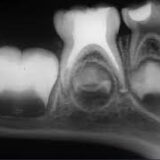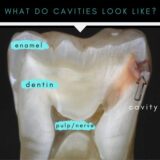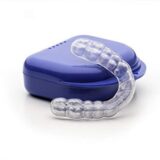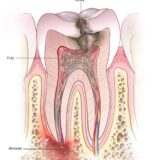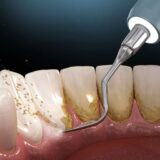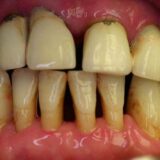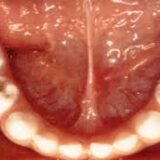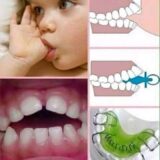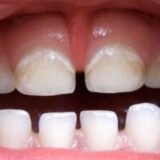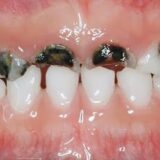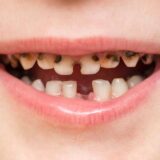
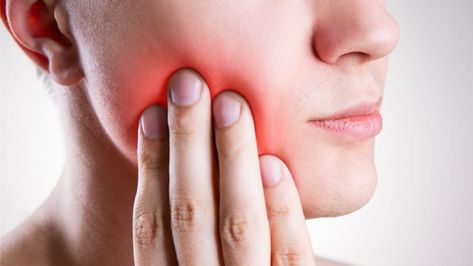
OUTLINE
1.Introduction
2.Understanding the Causes of Teeth Pain
3.Emergency Relief Tips
4.Immediate At-Home Remedies
5.Natural Remedies
6.Professional Assistance
7.Preventive Measures
8.Conclusion
1.INTRODUCTION
Teeth pain can be excruciating, often demanding immediate attention and relief.
Whether it’s a sharp, shooting pain or a dull ache, dental discomfort can disrupt daily life and cause significant distress.
Understanding the causes of teeth pain and knowing how to alleviate it in emergencies are essential for maintaining oral health and well-being.
2.UNDERSTANDING THE CAUSES OF TEETH PAIN
Teeth pain can stem from various underlying issues, each requiring specific treatment approaches.
Common causes include dental decay and cavities, which expose the sensitive inner layers of the tooth to external stimuli, leading to pain.
Gum disease and inflammation, characterized by swollen and tender gums, can also contribute to discomfort.
Additionally, tooth fracture or trauma, whether from accidents or grinding, can result in acute pain.
Sensitivity to hot or cold temperatures due to exposed dentin or nerve irritation is another prevalent cause.
Sometimes, teeth pain can be a symptom of sinus infections, as the proximity of the sinus cavities to the upper molars can cause referred pain.
3.EMERGENCY RELIEF TIPS
IMMEDIATE AT HOME REMEDIES
When faced with sudden teeth pain, several at-home remedies can provide temporary relief:
Rinsing with warm salt water: This helps to reduce inflammation and cleanse the affected area, providing relief from discomfort.
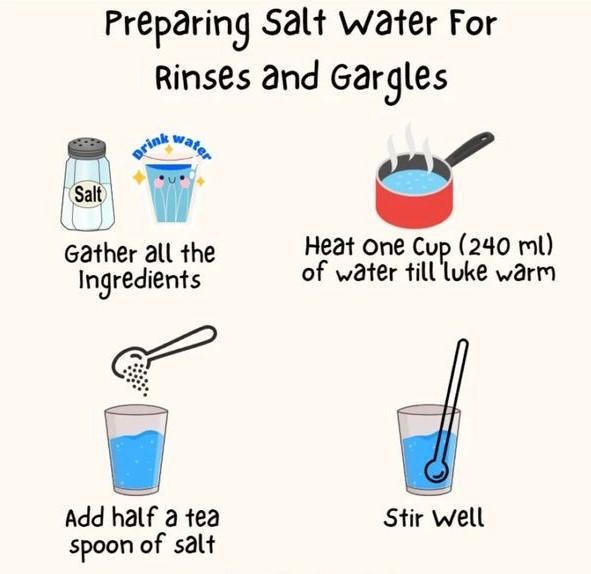
Applying cold compress: Placing a cold compress against the cheek can numb the area and alleviate pain by reducing swelling and inflammation.

Over-the-counter pain relievers: Non-prescription pain medications like ibuprofen or acetaminophen can help to manage moderate to severe teeth pain until further treatment is sought.

NATURAL REMEDIES
In addition to conventional methods, some natural remedies can offer relief:
Clove oil: Known for its analgesic properties, clove oil can be applied directly to the affected tooth or gums to numb the area and reduce pain.

Peppermint tea: Peppermint has cooling properties that can soothe irritated gums and alleviate discomfort when used as a mouthwash or applied topically.
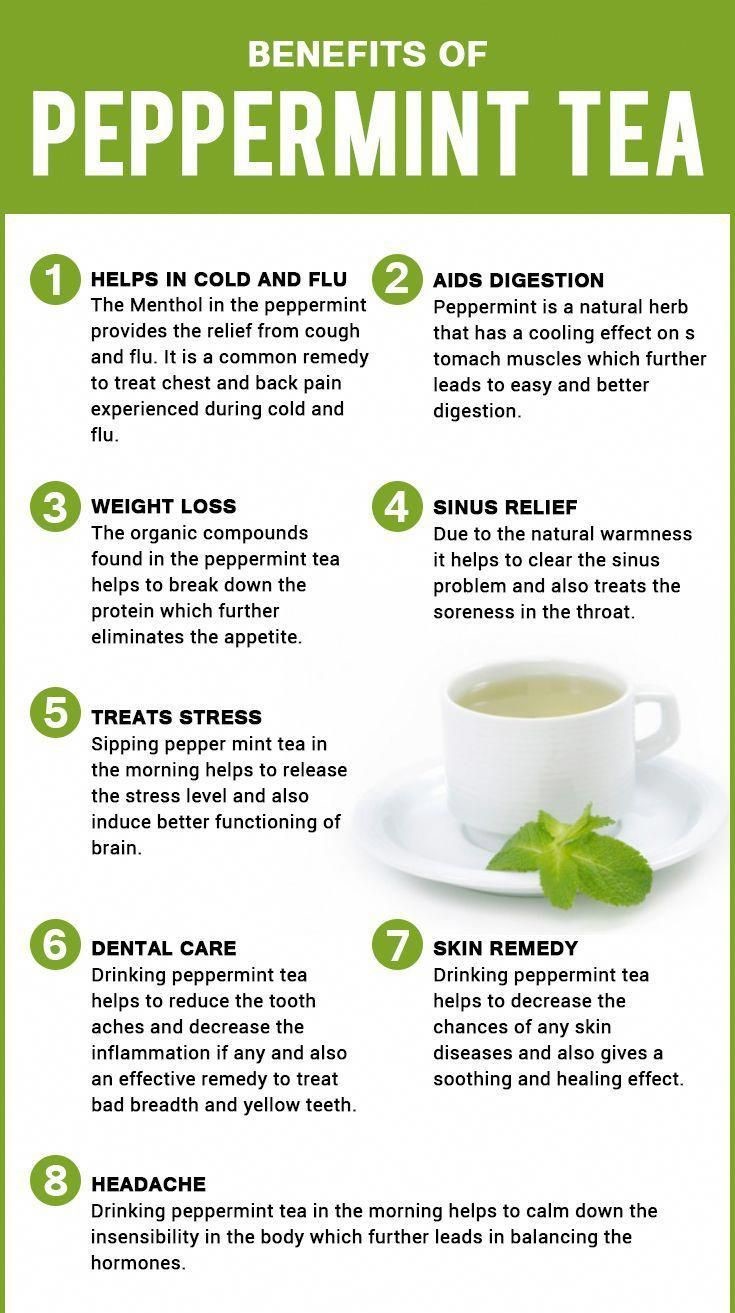
Garlic paste: Garlic contains allicin, a compound with antibacterial properties, which can help to reduce inflammation and relieve pain when applied to the affected area.

PROFESSIONAL ASSISTANCE
While home remedies can provide temporary relief, it’s essential to seek professional assistance for long-term management of teeth pain:
Contacting emergency dentist: If the pain is severe or persistent, contacting an emergency dentist is crucial. They can provide immediate intervention and recommend appropriate treatment.
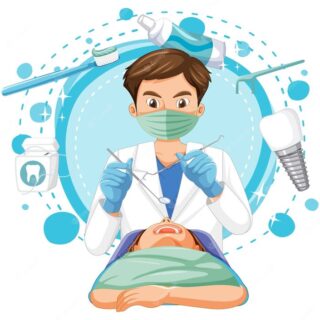
Seeking urgent dental care: If the pain is accompanied by swelling, fever, or difficulty swallowing, seeking urgent dental care is necessary to prevent further complications and alleviate discomfort effectively.
Preventive Measures
Prevention is key to minimizing the risk of teeth pain and maintaining optimal oral health:
Regular dental check-ups: Routine dental visits allow for early detection of potential issues and timely intervention, preventing the development of severe dental problems.

Proper oral hygiene practices: Brushing twice a day, flossing daily, and using mouthwash help to remove plaque and bacteria, reducing the risk of tooth decay and gum disease.
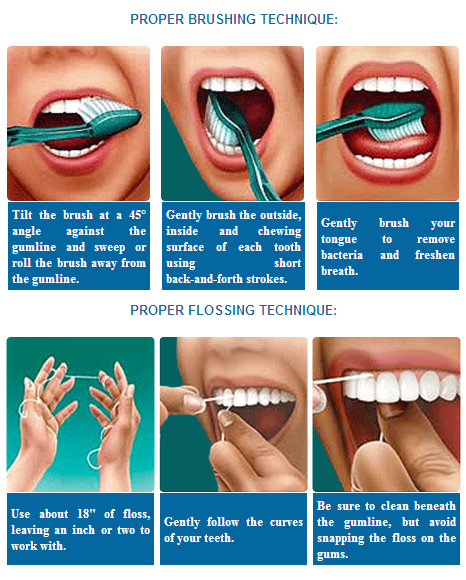
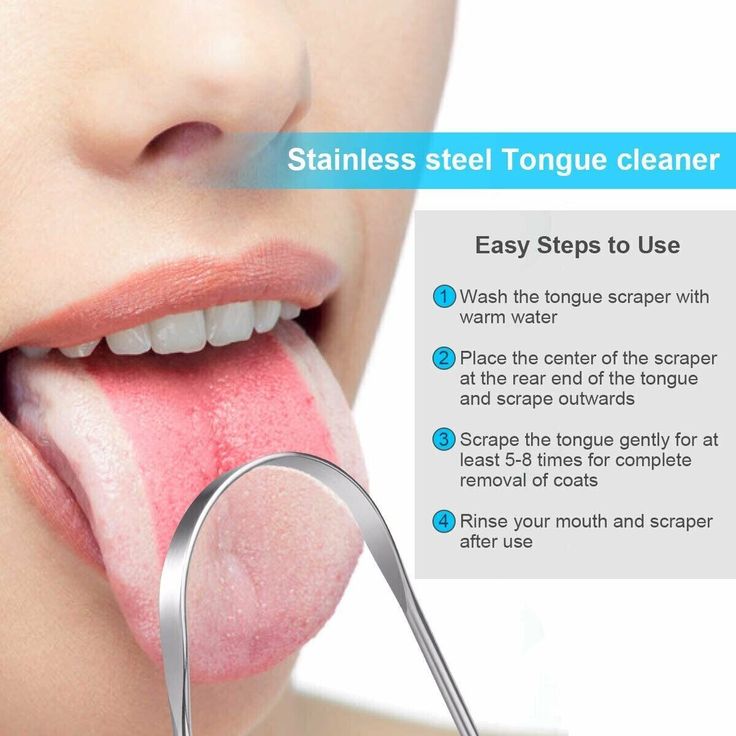
Avoiding hard foods and excessive sugar intake: Limiting the consumption of hard, sticky foods and sugary snacks prevents dental erosion and cavities, preserving the integrity of teeth.

Using mouthguards during physical activities: Wearing a mouthguard during sports or activities that pose a risk of dental injury protects the teeth from trauma and reduces the likelihood of experiencing teeth pain due to accidents.

Conclusion
Teeth pain can be distressing, but with the right knowledge and resources, it’s possible to find relief and prevent future episodes.
By understanding the causes of teeth pain, implementing emergency relief strategies, and prioritizing preventive measures, individuals can safeguard their oral health and well-being.
FAQS
Can teeth pain go away on its own?
While mild teeth pain may resolve on its own, persistent or severe pain often indicates an underlying issue that requires professional treatment.
Is it safe to use natural remedies for teeth pain?
Natural remedies can provide temporary relief, but they should not replace professional dental care. Consult a dentist for proper diagnosis and treatment.
How long should I wait before seeking professional help for teeth pain?
If teeth pain persists for more than a day or is accompanied by swelling, fever, or difficulty breathing, seek immediate dental assistance.
Can I prevent teeth pain with proper oral hygiene?
Yes, maintaining good oral hygiene practices, such as brushing, flossing, and regular dental check-ups, can help prevent teeth pain and other dental problems.
Are there any lifestyle changes I can make to reduce the risk of teeth pain?
Avoiding tobacco use, limiting alcohol consumption, and eating a balanced diet low in sugar can contribute to better oral health and reduce the likelihood of experiencing teeth pain.
